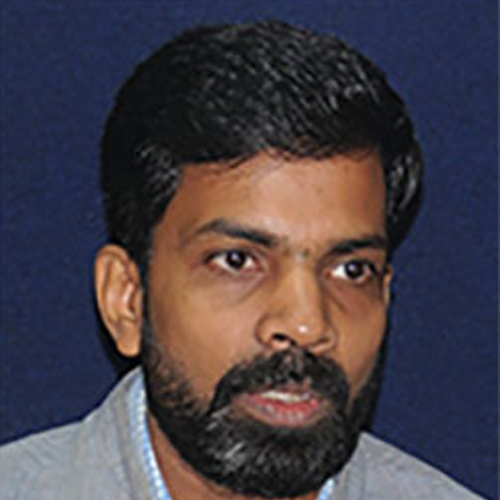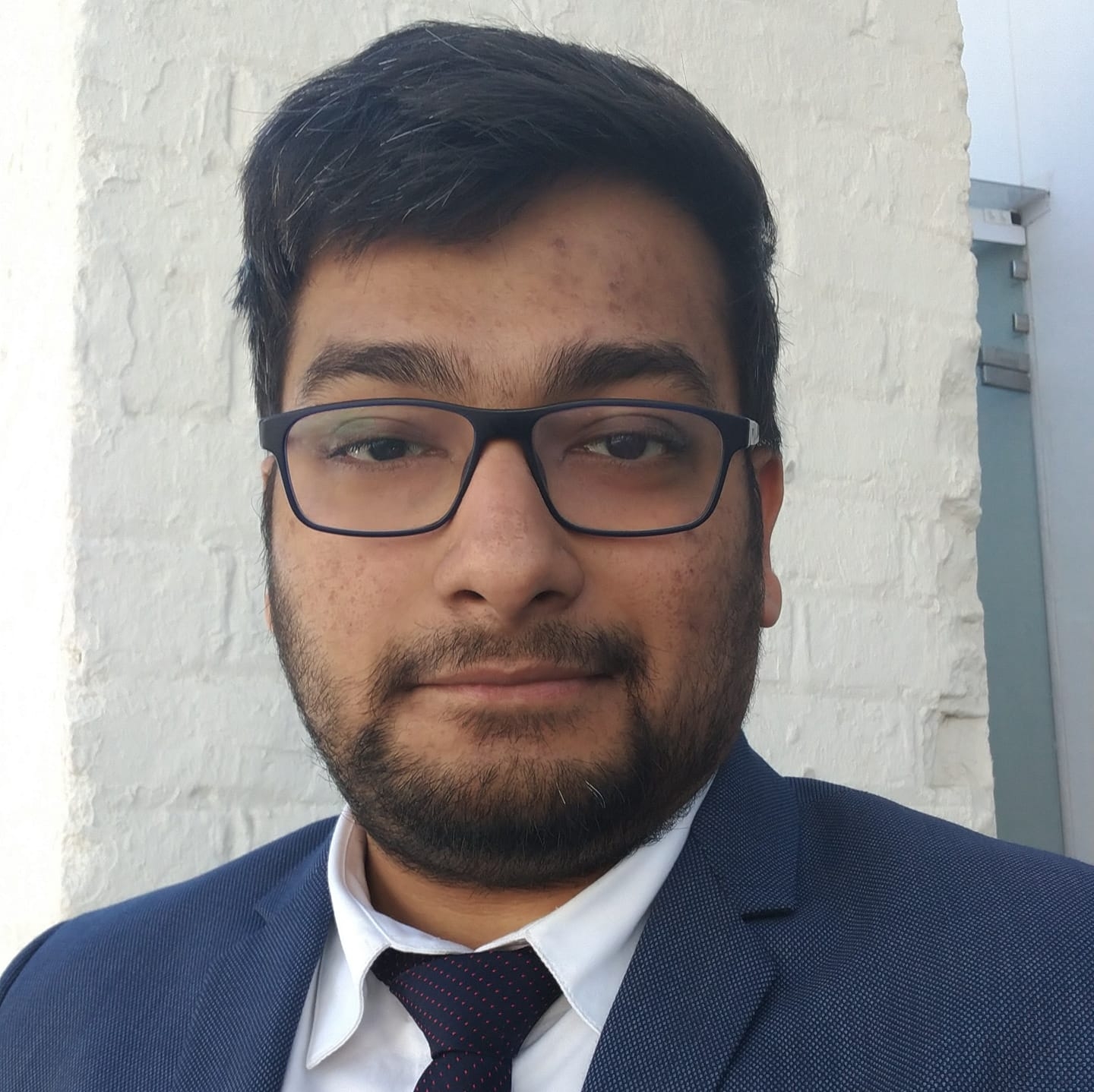India’s Africa Policy in the post-Cold War Era: An Assessment
In the post-Cold War era, with the emergence of an independent Namibia and a democratic South Africa, the main agenda that had brought India and Africa together—the fight against colonialism and institutionalised racialism—has disappeared. India’s Africa policy indicates a slight change as also some consistency in the post-Cold War era. It appears to be composed of five mantras: promoting economic cooperation, engaging the people of Indian origin, preventing and combating terrorism, preserving peace and assisting the African defence forces.
- Ruchita Beri
- April 2003










